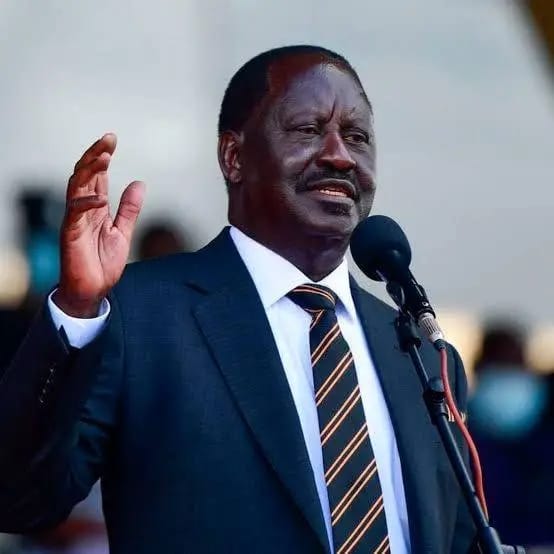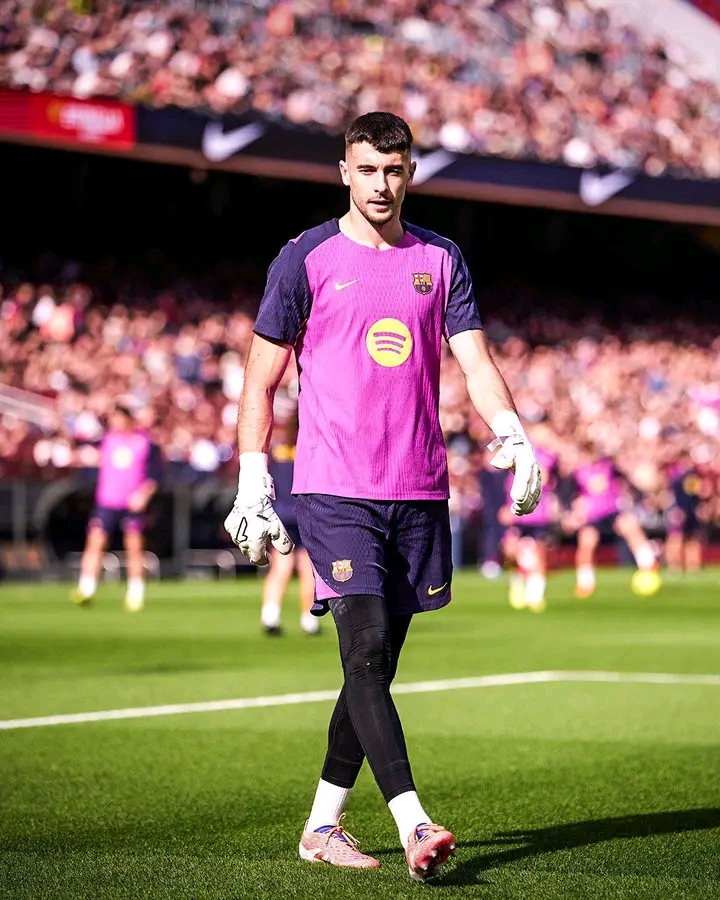
Raila Amolo Odinga was born on January 7, 1945, at Maseno Church Missionary Society Hospital in Kisumu District, Nyanza Province. He is the son of Jaramogi Oginga Odinga, Kenya’s first Vice President, and Mary Ajuma Odinga. Raised in a politically active family, Raila grew up witnessing his father’s deep involvement in the country’s struggle for independence and leadership, which would later shape his own political journey. He began his education at Kisumu Union Primary School before proceeding to Maranda Primary and Maranda High School, where he completed his secondary education in 1962. In 1965, he traveled to East Germany for further studies, first attending the Herder Institut at the University of Leipzig, and later joining the Technical School in Magdeburg (now part of Otto von Guericke University). In 1970, he graduated with a Master of Science degree in Mechanical Engineering.
Upon returning to Kenya, Raila founded Standard Processing Equipment Construction and Erection Limited, later renamed East African Spectre, which specialized in manufacturing liquid petroleum gas cylinders. In 1974, he joined the Kenya Bureau of Standards and rose to the position of Deputy Director by 1978. His early career reflected his technical expertise and entrepreneurial spirit, but politics soon became his main focus. In 1982, he was detained without trial after being accused of involvement in an attempted coup against President Daniel arap Moi. He spent several years in detention and was released in 1988, only to be re-arrested later for continuing to push for multi-party democracy. In 1991, fearing for his safety, he fled to Norway before returning to Kenya to join his father in the reform movement that led to the reintroduction of multi-party politics.
Raila Odinga entered Parliament in 1992 and quickly established himself as a reformist and a powerful voice for democracy. Over the years, he has held several key government positions, including Minister of Energy from 2001 to 2002 and Minister of Roads, Public Works and Housing from 2003 to 2005. His greatest national prominence came after the disputed 2007 presidential election, which led to widespread violence and political unrest. Following international mediation, Raila entered into a power-sharing agreement with President Mwai Kibaki and was sworn in as Kenya’s second Prime Minister on April 17, 2008, a position he held until 2013. During his tenure, he played a central role in implementing government reforms and overseeing the passage of Kenya’s 2010 Constitution, which ushered in a devolved system of governance.
Raila has vied for the presidency multiple times — in 1997, 2007, 2013, 2017, and 2022 — each time running strong campaigns that energized the opposition and influenced the national political agenda. Despite not winning the presidency, his persistence, charisma, and vision for social justice have earned him immense respect and a loyal following. In 2018, after years of political tension, he famously reconciled with President Uhuru Kenyatta through the “Handshake,” which led to a period of relative stability and collaboration in governance. The same year, he was appointed as the African Union High Representative for Infrastructure Development, reflecting his growing influence beyond Kenya’s borders.
Raila Odinga is married to Ida Oyoo Odinga, with whom he has four children: the late Fidel Castro Odinga, Rosemary Akeyo, Raila Junior, and Winnie Irmgard. A devoted family man and seasoned statesman, he remains one of Kenya’s most iconic political figures — admired for his resilience, unwavering belief in democracy, and decades-long commitment to improving governance and equality in Kenya. His life story mirrors Kenya’s own political evolution: one of struggle, sacrifice, and hope for a more just and united nation.
LONG LIVE RAILA.

